'My dog behaves for my partner, but not for me — what can I do?' Expert trainer Ben Randall has the answer
Training a dog is one thing. Getting a dog trained so that it responds just as happily to everyone in the family can be another matter, as Ben Randall discusses in this week's Paws for Thought.

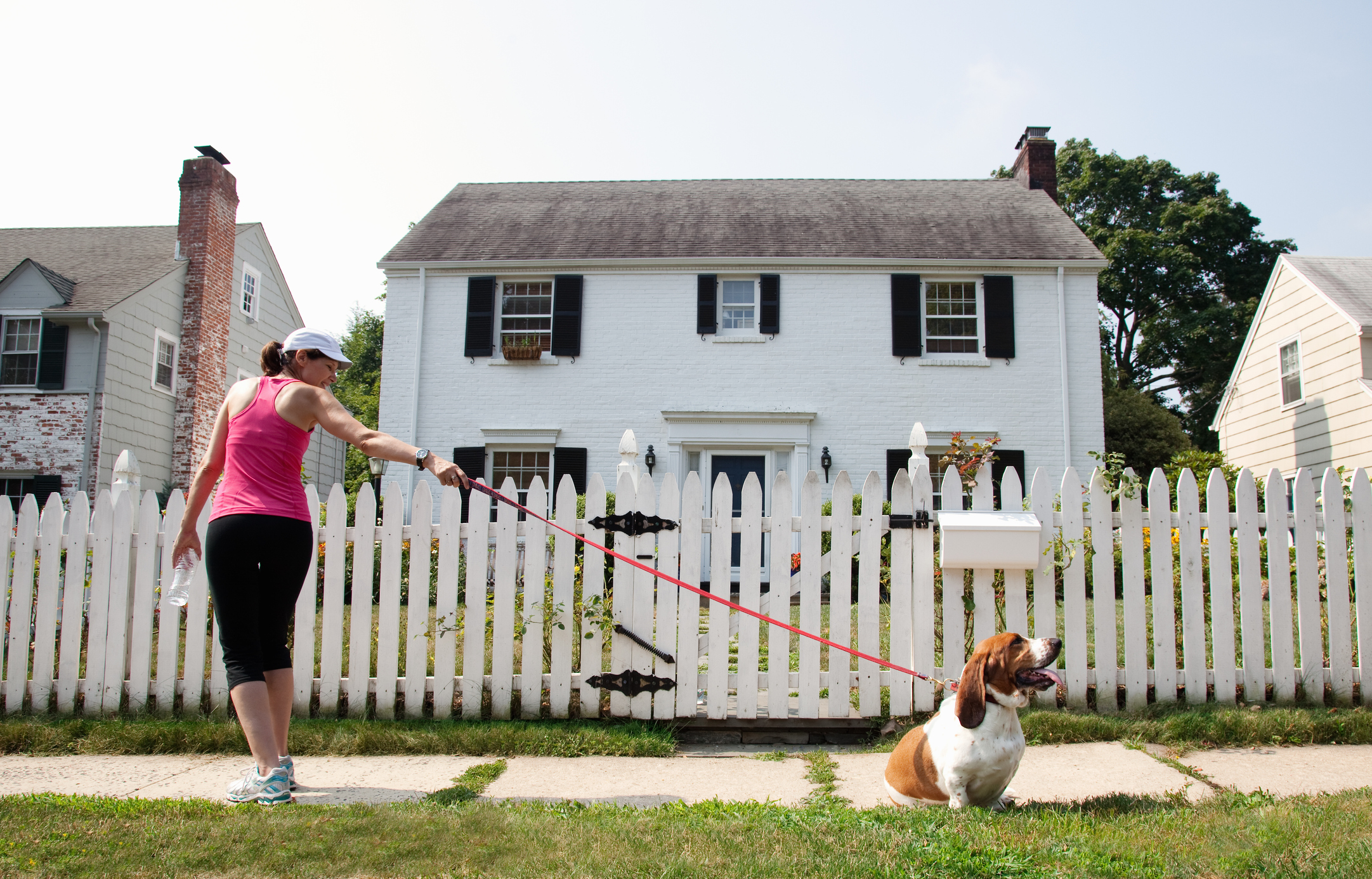
Getting a dog means welcoming that dog in to your family — and that means that training your dog has to be a family affair too.
Yet it doesn't always work out that way. Just like people, dogs can sometimes respond differently depending on the individual they're dealing with. That's the issue which this week's reader has written in about:
Dear Ben, we have a six-month old cocker spaniel, and though he's a lovely boy — very loving and lots of fun — he is giving me a bit of trouble. And it's specifically me: my husband can get him to respond to commands straight away, but he just won't do the same for me. What am I doing wrong? — E.D.
I'm afraid to say that I've seen this a lot in my years developing my Beggarbush (BG) training methods. It's not at all uncommon in married couples that a dog will behave for the husband, or the wife, but not both. And sometimes a dog who has come to me for training will behave beautifully for me, but not for its owners.
Why is this?
Well, whenever this happens it makes me think back to my days at school. One year, we had a teacher, let's call her Mrs S, who knew her stuff, but she was getting on in years, small and frail, with a quiet voice; while another one of our teachers, Mr T, was the 6’2" rugby coach — an absolute bear of a man. In her class, we knew she'd never discipline us, or carry out her threats, and the kids in the class acted up. (Obviously not me, you understand — just the others!) But when we went in to Mr T’s class, we all got in with our work and he couldn't understand what she was talking about when she was complaining about us in the staff room.
Dogs can be just the same as children like that, finding a chink in your armour and picking away at it.
So how do we change a dog that’s behaving like this? Follow the advice below and you'll find it much easier to assert yourself, while still improving your bond and partnership with your dog, and getting the best out of your training classes.
Exquisite houses, the beauty of Nature, and how to get the most from your life, straight to your inbox.
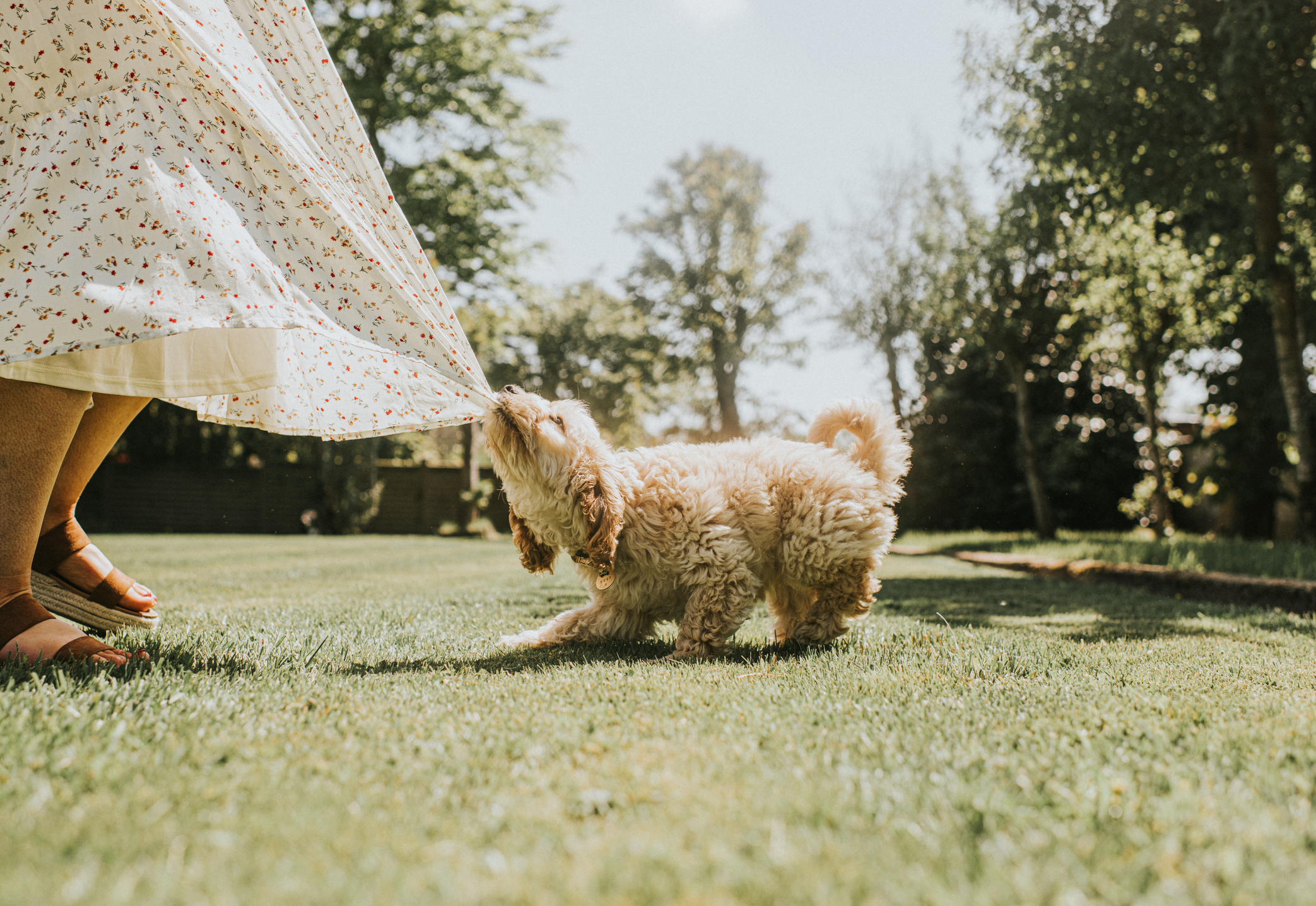
How to train a dog who ignores your commands — even though he'll do what others tell him
1. Get your mindset right, because one slip can change everything
A lot of the time, your mindset when you approach the dog to start a training session is absolutely critical. Just this week one of my clients arrived to visit her dog, who'd been with me doing residential training. She was standing just the other side of the gate watching as I did a demonstration in the paddock, until at one point her cocker spaniel rolled on its back in the mud and got excited, just for a split second.
My client chuckled — just a little — and the effect was immediate. Just that tone of voice change switched something in the dog, who immediately ran over to the gate to say hello and got super-excited. It was a tiny thing, a small reaction, yet that's all it took to derail the training in that moment.
It was easily fixed — I changed my tone of voice slightly, used the leave command and the heel command, and the dog instantly returned to me to carry on the demo. My client was stunned: she couldn't believe how instantly my commands were followed, but also how the dog still wagged his tail and pushed his head into my hand so I could pet him and praise him. Perhaps she'd been worried that by being too strict she'd lose the sense of love and fun with her pet, but now she could see that he was both following commands and thoroughly enjoying the training.
2. When you're training, set the tone right from the start
I'm not saying that you need to be strict with your dog 24/7, but whenever you're training, you and your dog both have to be switched on to that mindset. I explained to my client that before she does any training with the dog — even going out for a walk, or a quick practise of the heel routine — she can't start it as she used to, but getting down to the dog's level and speaking in a high pitch tone as she put the lead on. Affection like that is fine in the house or cuddling on the sofa, but not if you're about to start a training lesson. The dog very likely won't respond.
Instead, start off like this: call the dog over — ‘Bertie! Heel!’ — and tap your leg, then ask him to sit while you show him a reward of kibble in your right hand. Then put your hand through the loop of the lead and pass the lead over the dog’s head, showing the reward at all times. Depending on your dog and its temperament, you can either give the reward then, or make him or her wait for that reward until after a good period of heelwork.
3. Trust and respect are crucial — and will only deepen the bond between you and your dog
Changing that mindset is so important, putting you in charge of the situation — that's what will help you become the person that your dog trusts, and respects. And you don't need to worry that it'll make your relationship with your dog worse: quite the opposite, actually. When you have trust and respect, your bond with your dog will get better, your trust will grow with the dog in different environments, and ultimately your partnership will be much deeper and more meaningful.
4. Don't make the mistake of thinking you can never let up
As I said earlier, don't think you have to be switched on in training mode all the time. There are times at home when our family dogs are on the sofa with us in the evenings, and there are also times when Lady Tweed, our border terrier, is warming the bed for us. I’m happy for all that to happen because our dogs are, like our children, part of our lives. But I want them to behave like I’d want my children to behave, at home or in public: sometimes, that'll mean toeing the line, and other times it'll mean chilling out and having fun.
For more detailed advice about Ben Randall’s positive, reward-based and proven BG training methods, one-to-one training sessions, residential training or five-star dog-boarding at his BGHQ in Herefordshire, telephone 01531 670960 or visit www.ledburylodgekennels.co.uk. For a free seven-day trial of the Gundog app, which costs £24.99 a month or £249.99 a year, visit www.gundog.app/trial
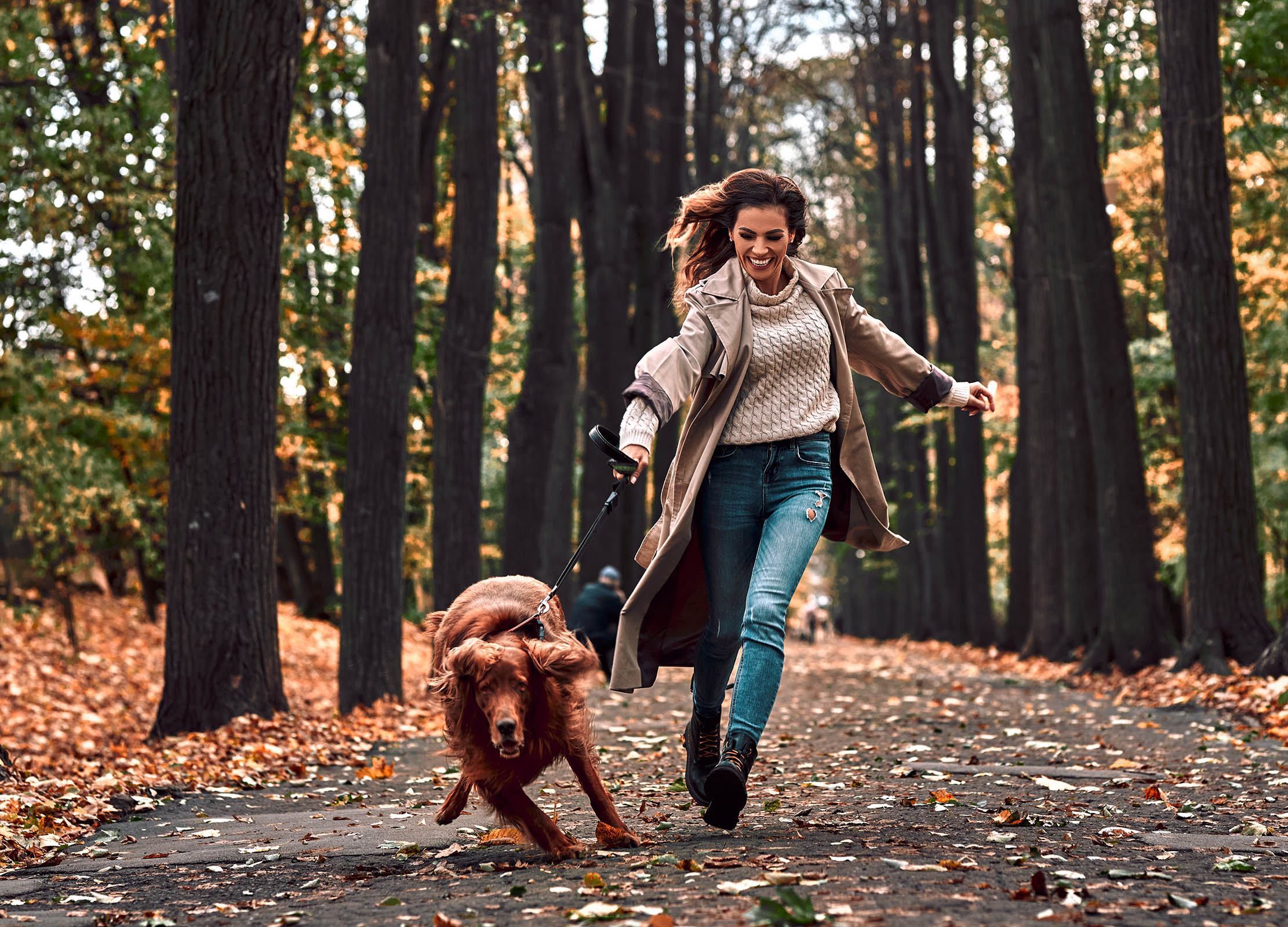
Credit: Getty Images
How to get your dog to walk to heel
Teaching your dog to stop pulling on the lead takes work, but it’s an important step in training that will
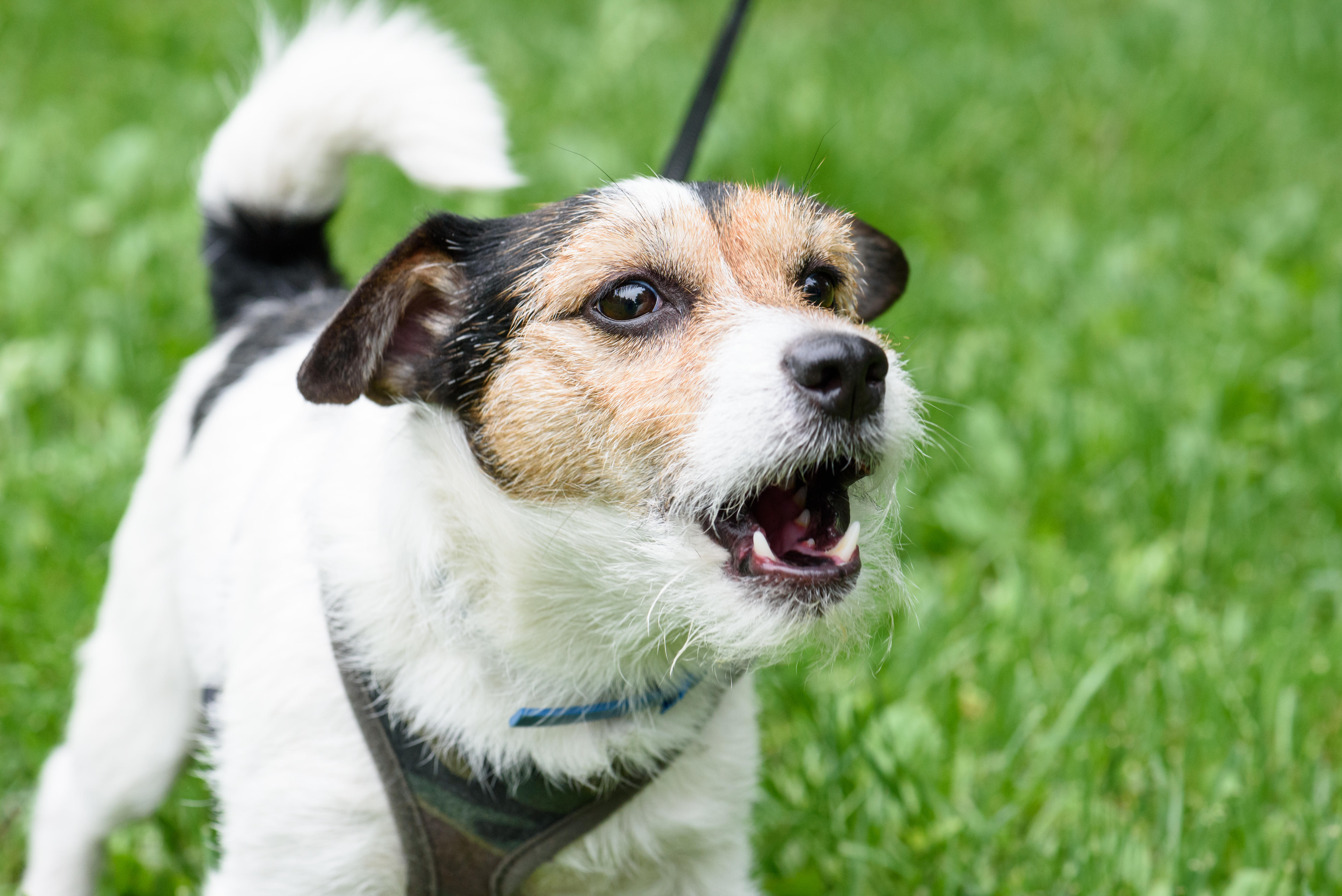
How to stop your dog from barking on a walk: Five tips from top dog-trainer Ben Randall
While out on a walk, it’s not always easy to stop your dog from barking at people — and if

Credit: Alamy
How to teach your dog to go to the toilet on the lead: Three tips from top dog trainer Ben Randall
It can be frustrating and stressful when your dog is stubbornly refusing to do its business while on a lead,

How to stop resource guarding in dogs, by Ben Randall
Resource guarding is common in dogs — but it can be solved. Award-winning dog trainer Ben Randall explains how as he

How to teach a dog tricks, by expert trainer Ben Randall
If you want to teach a few party tricks to your pup you'll need to tread carefully, explains Ben Randall.
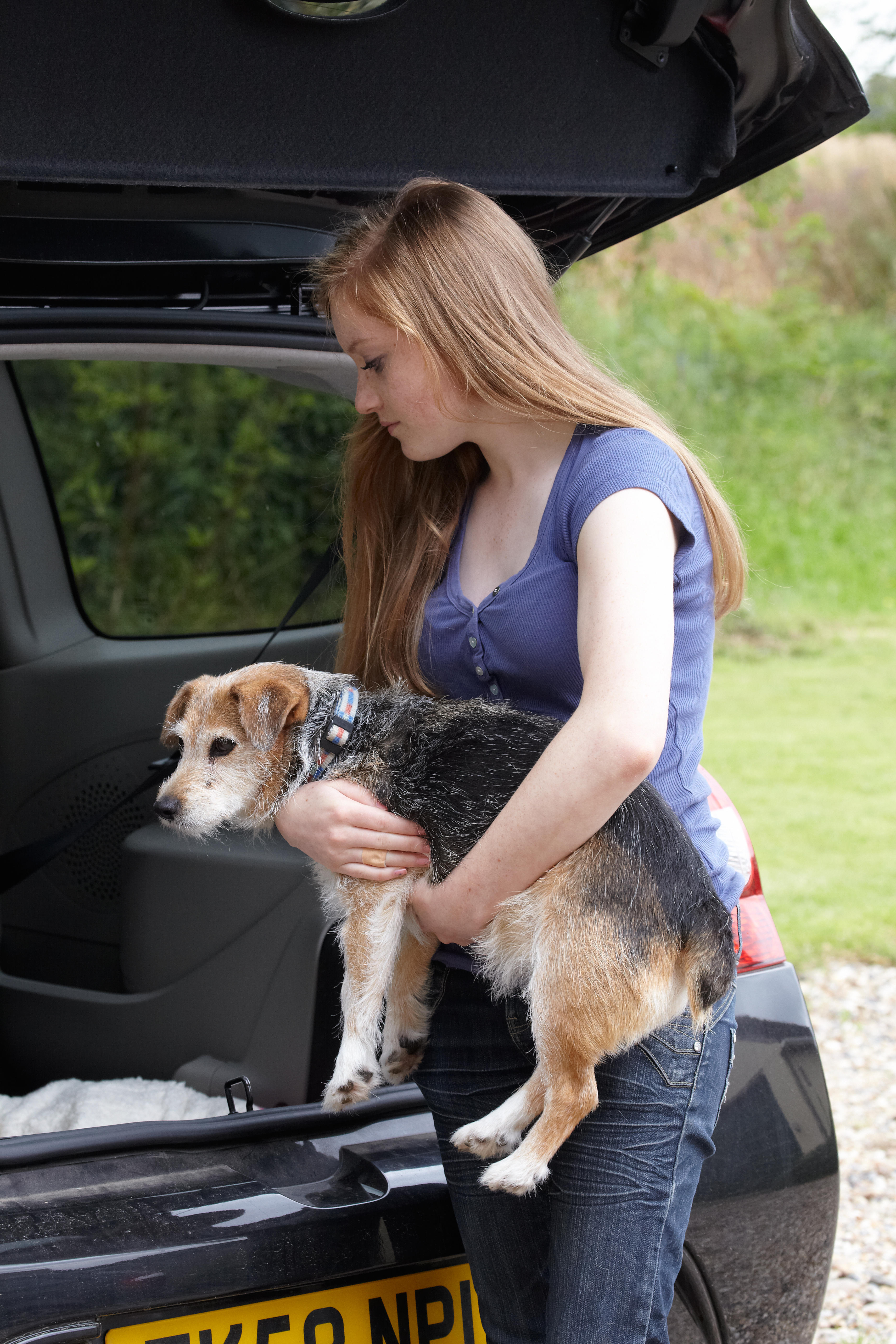
Credit: Alamy
How to deal with a dog who won't jump in the back of the car, by top trainer Ben Randall
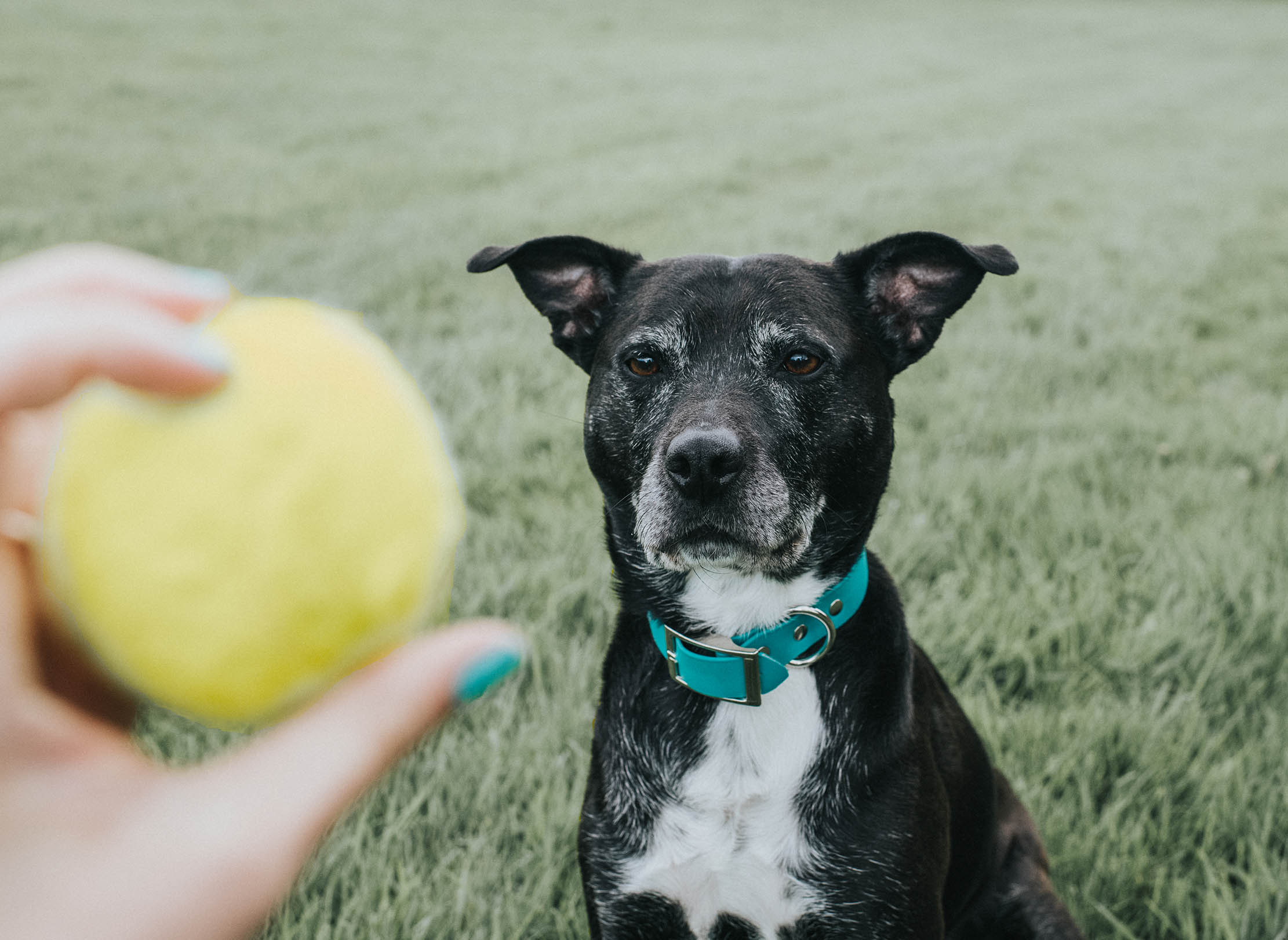
How to get your dog to play fetch, by expert trainer Ben Randall
There are plenty of dogs who'll run all day playing fetch, or who'll do anything for a bit of kibble.
